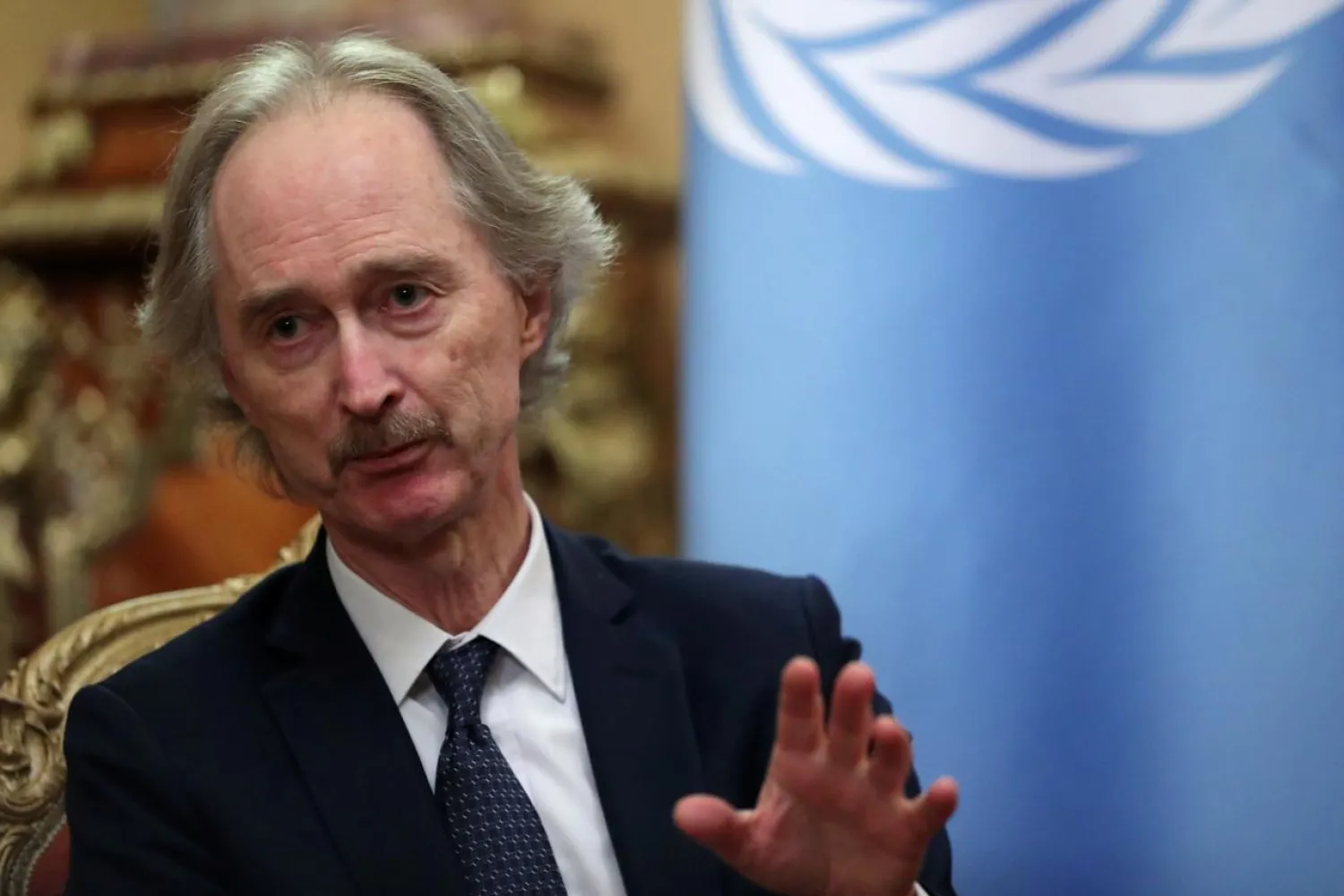UN Special Envoy to Syria Geir Pedersen has expressed hope that a new round of discussions on a new constitution for Syria would make progress.
In a briefing to the UNSC on the political situation in the war-torn country during a videoconference meeting on Friday, Pedersen said that against the hard realities, and the deep distrust among the Syrian parties, a faint but real ray of hope shone from Geneva “when, in the last week of August, we were able to convene, after a nine-month hiatus, a Third Session of the Small Body of the Syrian Constitutional Committee.”
He said the Co-Chairs of the Committee informed him that they sensed that some common ground was emerging on some subjects.
“There were practical suggestions from members on how to identify such common ground and how the discussion could move forward. I was very pleased with this,” the UN envoy noted.
However, Pedersen announced there were real differences on substance even at the quite general level of the discussions.
He said the Co-Chairs were not able to agree while in Geneva on an agenda for the next session.
“We need to finalize the agenda without further delay if we are to meet in early October as we had hoped,” the UN official added.
Pedersen reminded participants that the delegations are nominated by the Syrian government and the opposition Syrian Negotiations Commission, in addition to the Middle Third civil society delegation, and that the mandate of the Committee is to prepare and draft a constitutional reform.
He also said the Committee may review and amend the 2012 constitution or draft a new constitution.
“The constitutional draft must embody the 12 living principles which emerged from the Geneva process and were approved in Sochi.”
According to the UN envoy, Syria remains a highly internationalized environment, with five foreign armies active in the theater, and Syria’s sovereignty compromised.
“Militarily, however, existing arrangements continue to sustain broad calm across Syria, relative to the intense violence of recent years. Indeed, the frontlines have barely shifted for half a year – the longest in the Syrian conflict – and a basic military status quo seems to be emerging,” he said.
He added that while Syria is calmer than before, worrying incidents could destabilize that calm, including a vehicle altercation between Russian and US forces that left four US soldiers injured, and mutual accusations of breaches of existing deconfliction arrangements, in addition to further rounds of airstrikes, attributed to Israel by the Syrian government, on military positions in Syria.
Pedersen added that despite the March agreement between Russia and Turkey continues to sustain broad calm in the northwest, “we have also seen escalations, including mutual rocket and artillery fire and airstrikes, hitting near the frontlines as well as deep into Idlib.”
Meanwhile, the Netherlands announced Friday its decision to hold Syria accountable under international law for gross human rights violations and torture in particular.
“The Assad regime has committed horrific crimes time after time. The evidence is overwhelming. There must be consequences,” said Minister of Foreign Affairs Stef Blok.
The Netherlands says that over the past decade nearly 200,000 Syrian civilians have died in the conflict in Syria, and many more even, according to some sources.
According to Blok, “the Assad regime has not hesitated to crack down hard on its own population, using torture and chemical weapons, and bombing hospitals.”









